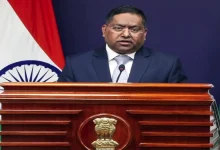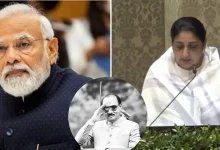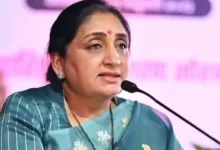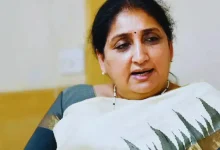Jaishankar Champions Strategic Autonomy as Key to India’s Global Stance Amid Rising Pressures
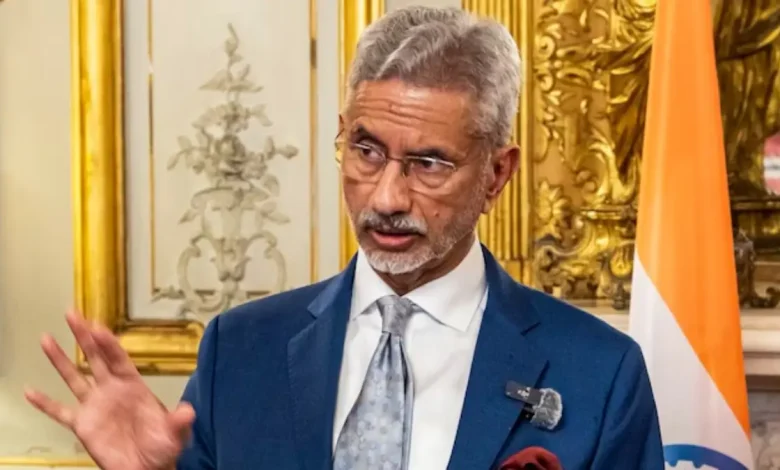
As Washington intensifies calls for New Delhi to curb its purchases of Russian crude, and international alliances shift amid uncertainty, India’s top diplomat underscored the vital role of independent decision-making in safeguarding national priorities.
In a pointed address on October 6, 2025, External Affairs Minister S. Jaishankar invoked historical precedents to defend India’s pursuit of strategic autonomy. He highlighted the 1971 Treaty of Peace, Friendship and Cooperation with the Soviet Union, describing it as an essential step amid threats from the United States and China during the Bangladesh Liberation War. The pact, he noted, allowed India to navigate a precarious U.S.-China alignment while addressing an urgent security crisis.
Delivering remarks at the inaugural Aravalli Summit—hosted by Jawaharlal Nehru University’s School of International Studies to celebrate its 70th year—Mr. Jaishankar, a JNU alumnus, urged aspiring diplomats to embrace a world of multi-alignment and multipolarity. Recent upheavals, such as U.S. tariffs, he argued, only bolster the merits of avoiding exclusive partnerships with any single power.
“Suppose we weren’t pursuing strategic autonomy right now,” he posed to the audience. “Which nation would you suggest we align with and entrust our destiny to? I can’t name one. Our best protection lies in broadening our choices and preserving our ability to decide freely.”
The minister’s words followed his recent assertion that ongoing U.S. trade talks must honor India’s non-negotiable boundaries. They also come against a backdrop of mounting American scrutiny over India’s continued imports of discounted Russian oil, with reports from September 2025 indicating a notable drop in volumes—though Mr. Jaishankar refrained from direct commentary on the matter.
The event, jointly organized by the Ministry of External Affairs and the Adani Group-backed Chintan Research Foundation in Delhi, drew diplomats including Russia’s Ambassador to India, Denis Alipov, and Bangladesh’s High Commissioner, Riaz Hamidullah.
Fielding student queries, Mr. Jaishankar reflected on India’s “neighbourhood first” approach, acknowledging tensions with nations like Bangladesh, alongside political upheavals in Sri Lanka and Nepal. He advocated for India to proactively fund regional infrastructure to foster collaboration, positioning itself as the preferred partner for neighbors in distress.
“Every nation grapples with challenging borders, and larger ones face even more,” he observed. The goal, he clarified, extends beyond conflict resolution to cultivating ties that advance India’s objectives. Excluding one unnamed neighbor—widely understood as Pakistan—Mr. Jaishankar pointed to sweeping advancements in cross-border initiatives covering energy, highways, rail networks, and cross-border mobility.
On perceptions of India-Pakistan linkages resurfacing after Operation Sindoor—a counter-terrorism strike—and amid Islamabad’s warming relations with the U.S., Saudi Arabia, China, Turkiye, and others, the minister acknowledged the inescapable challenge of a troublesome adjacent state. Yet, he emphasized a clear evolution: global players no longer equate the two countries.
Mr. Jaishankar’s intervention arrives as India balances deepening Western partnerships with pragmatic energy ties to Russia, underscoring a foreign policy rooted in flexibility over fealty.

